The Council of Europe, seen through Swiss eyes
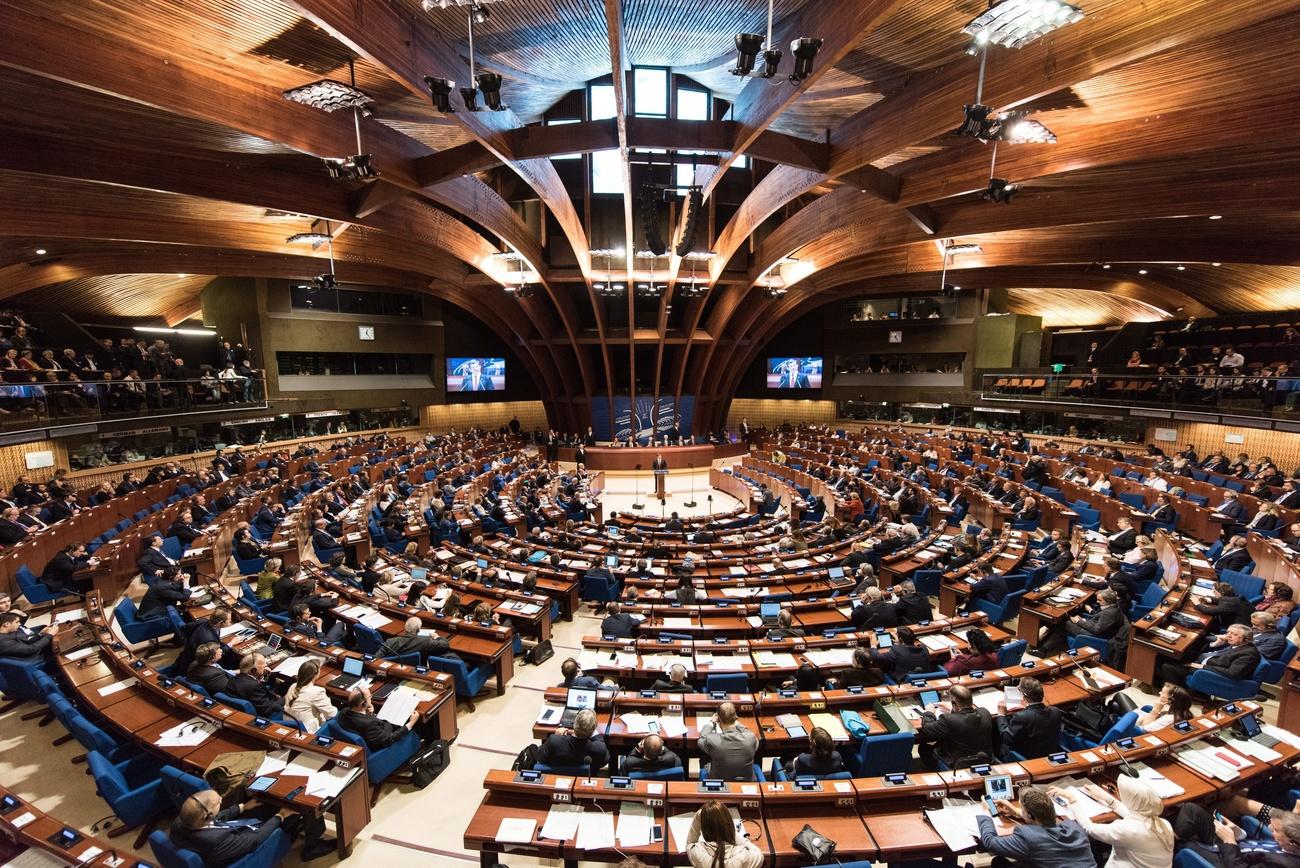
Switzerland is neutral and not part of the European Union, but it does participate in the Council of Europe, which turned 70 this year. Liliane Maury Pasquier, who has represented the Swiss at the organisation for over a decade, explains how it works.
swissinfo.ch: What does the Council of Europe do?
Liliane Maury Pasquier: People always confuse the Council of Europe with the European Union. Even people who know what I do sometimes say, “Oh, are you off to Brussels again”?
The Council of Europe is an organisation that was founded after the devastation of the Second World War, with a view to avoiding a repeat of such a catastrophe. It has 47 member states: all the countries on the continent except Belarus – the only country in Europe that still practices the death penalty.
The organisation is better known through the European Convention on Human Rights and the European Court of Human Rights, which enable any individual who lives on the European continent to defend their rights if they think they have been violated by the judicial system in their own country.
Since 1949, the Council has adopted and set up 220 conventions, including the Istanbul convention to combat domestic violence and violence against women, the so-called “Lanzarote” convention to combat child sexual abuse, the convention for the protection of data, the convention against terrorism, against human trafficking, organ trafficking – a variety of areas, but always at the centre is the desire to protect fundamental rights.
swissinfo.ch: What is Switzerland’s role in the Council?
LMP: [As part of the parliamentary assembly], it cannot make laws, but it can adopt resolutions which can become the basis of certain conventions. These resolutions are sent to countries as “suggestions”. We estimate that these suggestions are the basis of a little less than half of all the Conventions of the Council of Europe.
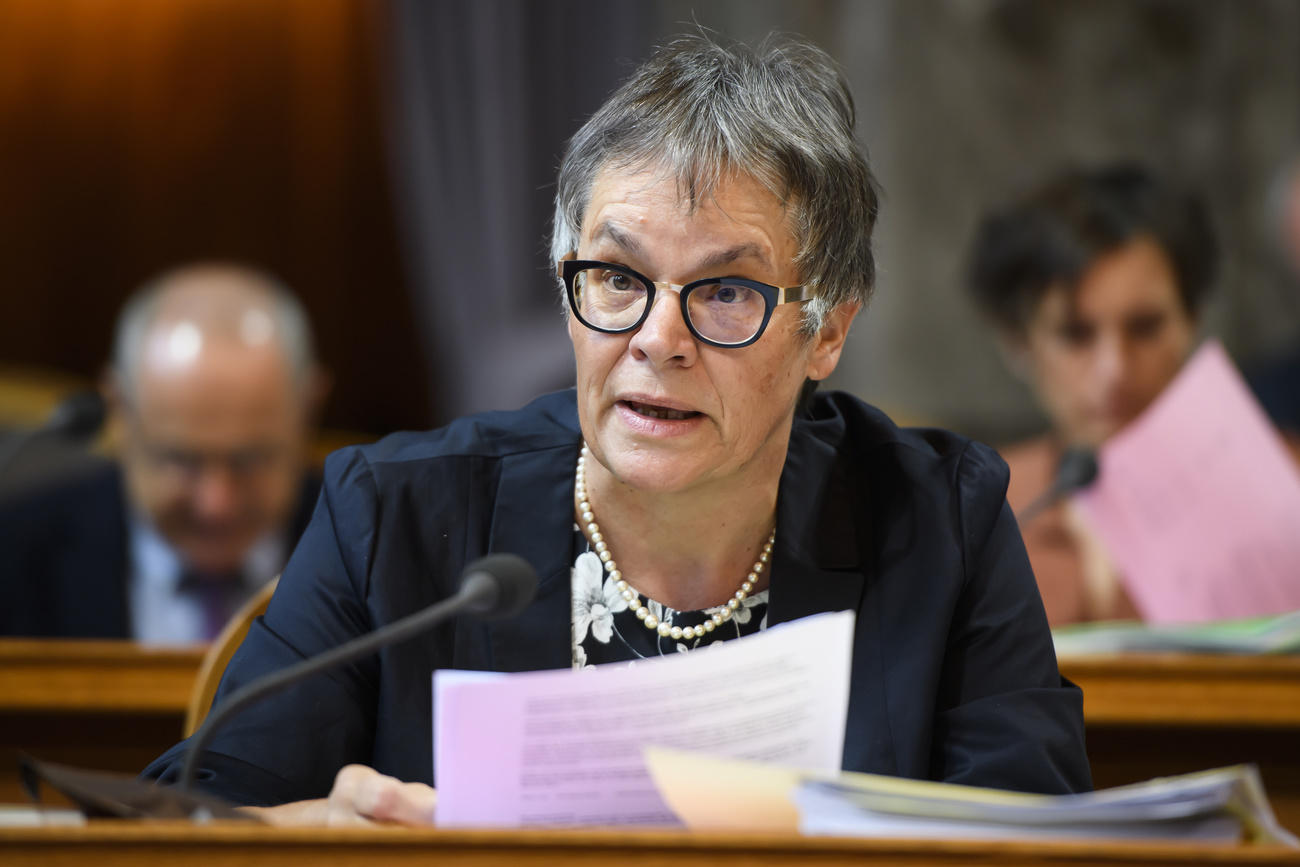
swissinfo.ch: How can the Council of Europe make sure its conventions are enforced?
LMP: We have the tools of multilateralism. We try to move forward by accompanying a state which does not meet its obligations, with support and suggestions. There are no, or few real sanctions procedures. [But] if the objective is to protect the population against abuses in this or that area, do we better protect them by accompanying a country towards an improvement, or by excluding them? The Council of Europe is not an NGO – this is not a policy of “blame and shame”. When we exclude, there is no longer any protection at all.
swissinfo.ch: What happened in the case of Russia, after its annexation of Crimea?
LMP: The Assembly voted for a resolution in which it adopted sanctions in relation to the Russian parliamentarians. Notably, it removed their right to vote. Following that, for five years, there has been no Russian delegation to the Parliamentary Assembly, but at the same time, Russia remains a part of the Council and continues to work in the other bodies.
There was a debate about whether it was better to keep Russia as a full member or whether it was better for it to leave, given that it had clearly violated international law. Considering the fact that Russia’s departure would mean that the Russian population – more than 100 million people – would no longer be protected by the system of conventions, a clear majority of the Parliamentary Assembly finally decided to reintegrate the Russian delegation and give them back the right to vote.
World Forum for Democracy
This interview was conducted during the World Forum for DemocracyExternal link in Strasbourg, an annual conference to discuss the problems and prospects of democracy throughout the world. The November 2019 edition focused on “information and democracy”, notably the threats posed by fake news and eroding freedom of expression
swissinfo.ch: How is Switzerland perceived at the Council of Europe?
LMP: The perception of Switzerland is generally good. First, a certain number of my predecessors and colleagues at the Parliamentary Assembly worked hard and were very engaged for the development of democracy, for example. I think especially of Andreas Gross, who was one the Council of Europe’s champions for election observation missions.
Then there is the fact that Switzerland is a country which a priori, generally works well. Its direct democracy system, for example, is sometimes seen here as a bit of a chance for others to learn from, though sometimes also as a risk. There are countries for which a completely direct vote system is a worry, notably with the arrival of nationalist and populist movements.
swissinfo.ch: How do those nationalist and populist movements across Europe play out at the Council?
LMP: They are represented here, and there are different voices which make themselves heard, sometimes voices which are far removed from the fundamental values of the Council. We try to limit them, but sometimes, especially in the case of weak participation, bizarre resolutions can be adopted.
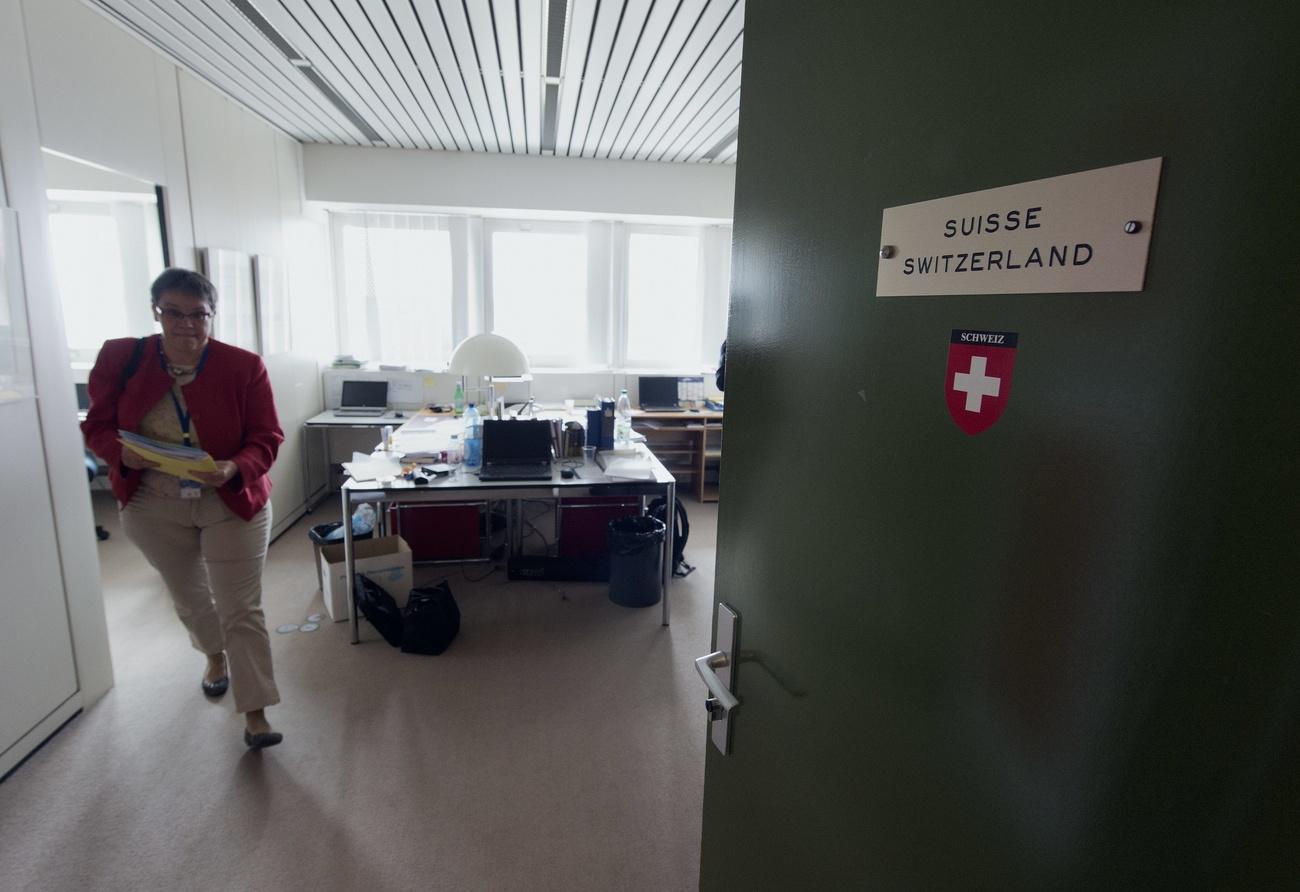
swissinfo.ch: How has your view of Switzerland changed during your time at the Council of Europe?
LMP: There were a few things which for me were obvious, and that now, looking at them from a distance, I understand how they could seem questionable.
An example is our system whereby judges are nominated by political parties. That means that the parties or political groups which designated the judges maintain a certain influence on them. We have seen the shadow of such a trend in Switzerland recently, when the People’s Party pressured a judges who had made a decision which did not align with party values. If that continues to happen, we will have to change something in our system. In Europe, it is not normal for judges to be nominated by political parties.
swissinfo.ch: Is the new vision for Swiss foreign policyExternal link, with its focus on economic interests, headed in the right direction?
LMP: It is not yet in place, but I regret the proposed changes. I think that it’s a mistake, not only in terms of efficiency for the countries concerned, but also because it could harm the image of Switzerland. The country has a good reputation at present, a reputation for neutrality and for a development aid policy that’s not linked to a return on its investment. With a policy that is more focused on the defence of economic interests, we risk being more and more identified as a country which defends its own interests under the cover of helping to fight against war, famine or poverty. Especially as we are a small country, it is not in our interests to see our reputation weakened.

In compliance with the JTI standards
More: SWI swissinfo.ch certified by the Journalism Trust Initiative
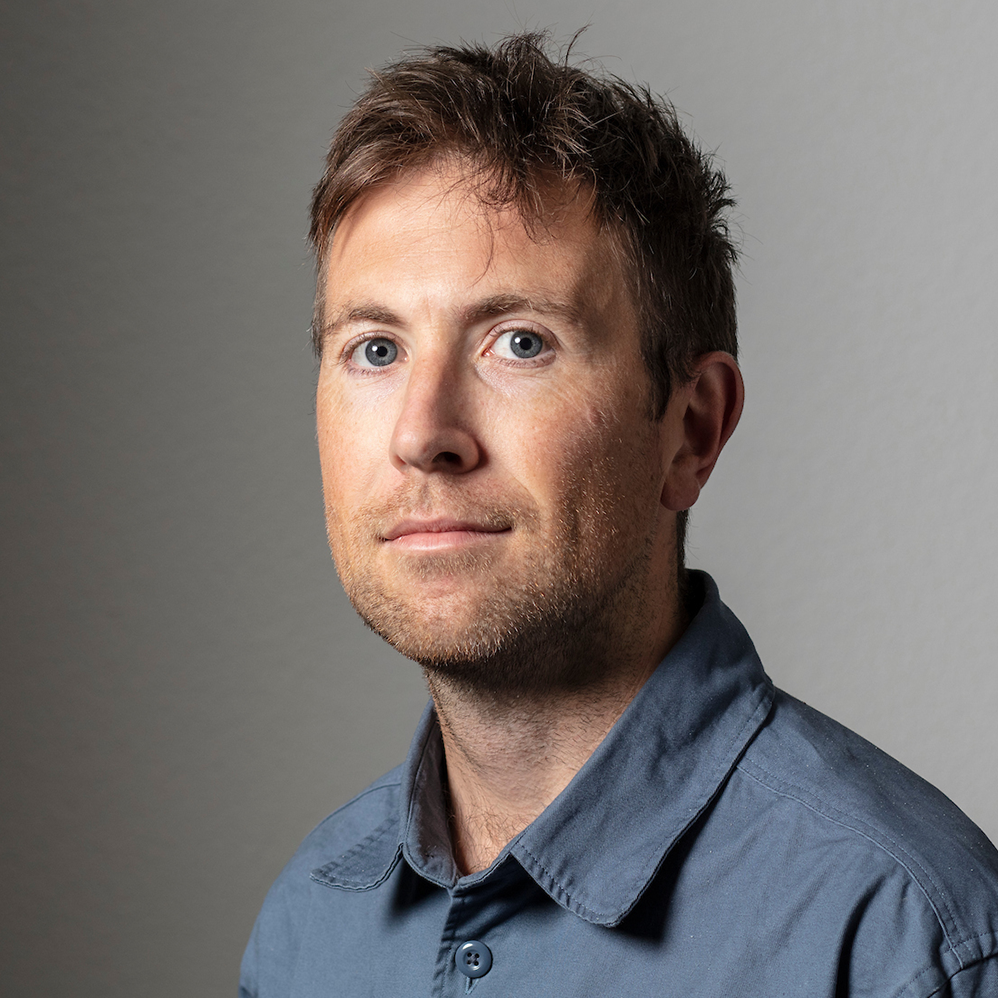
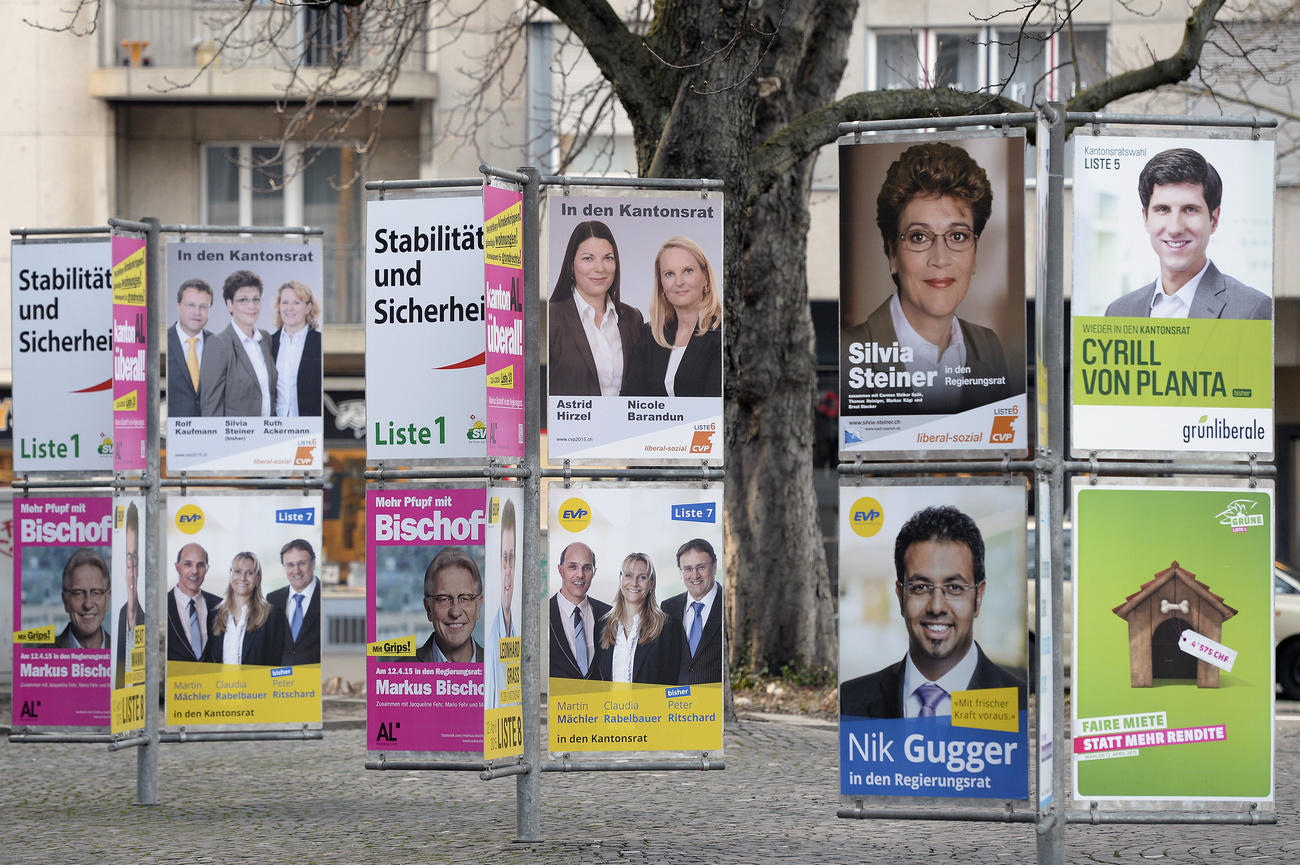
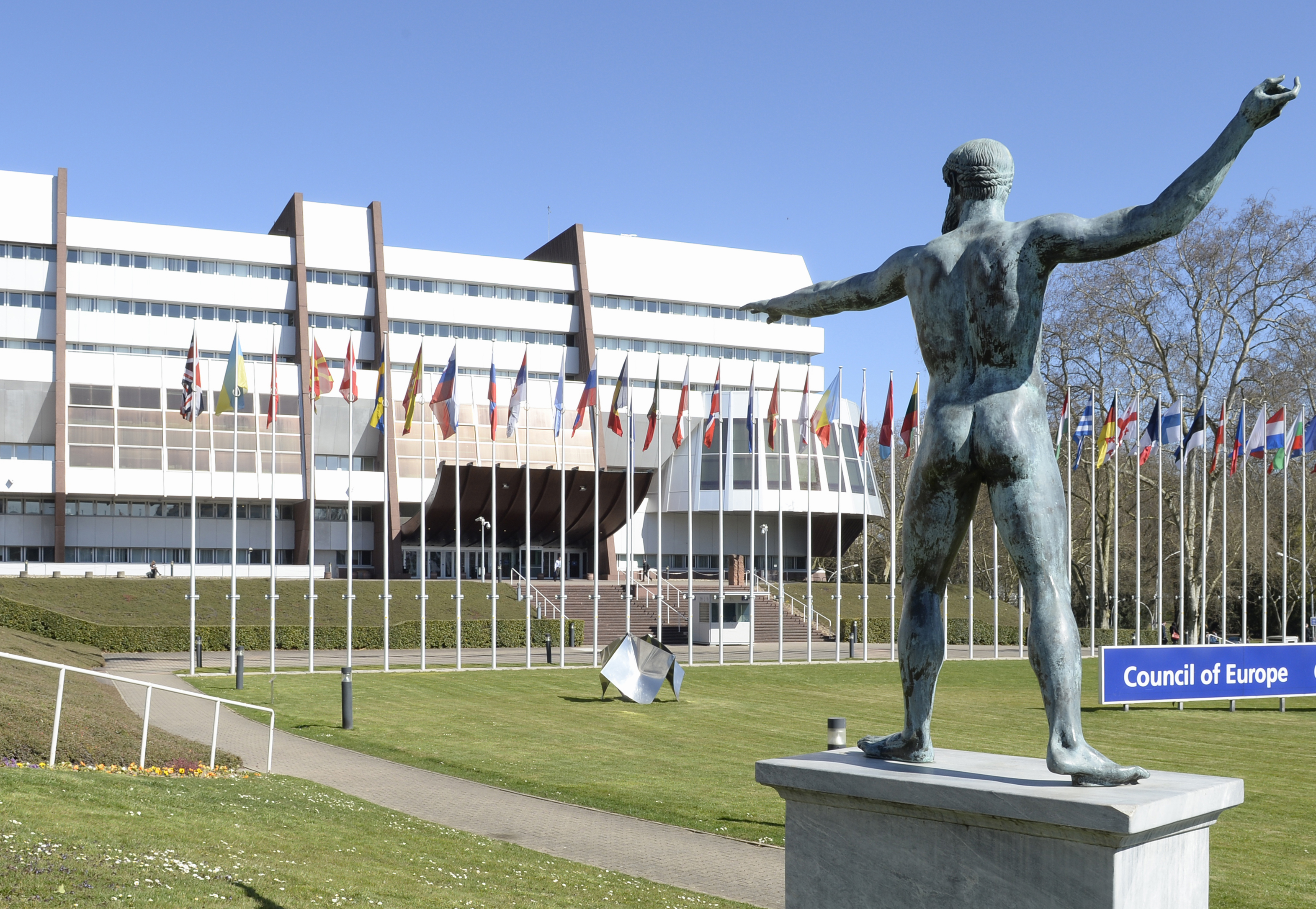
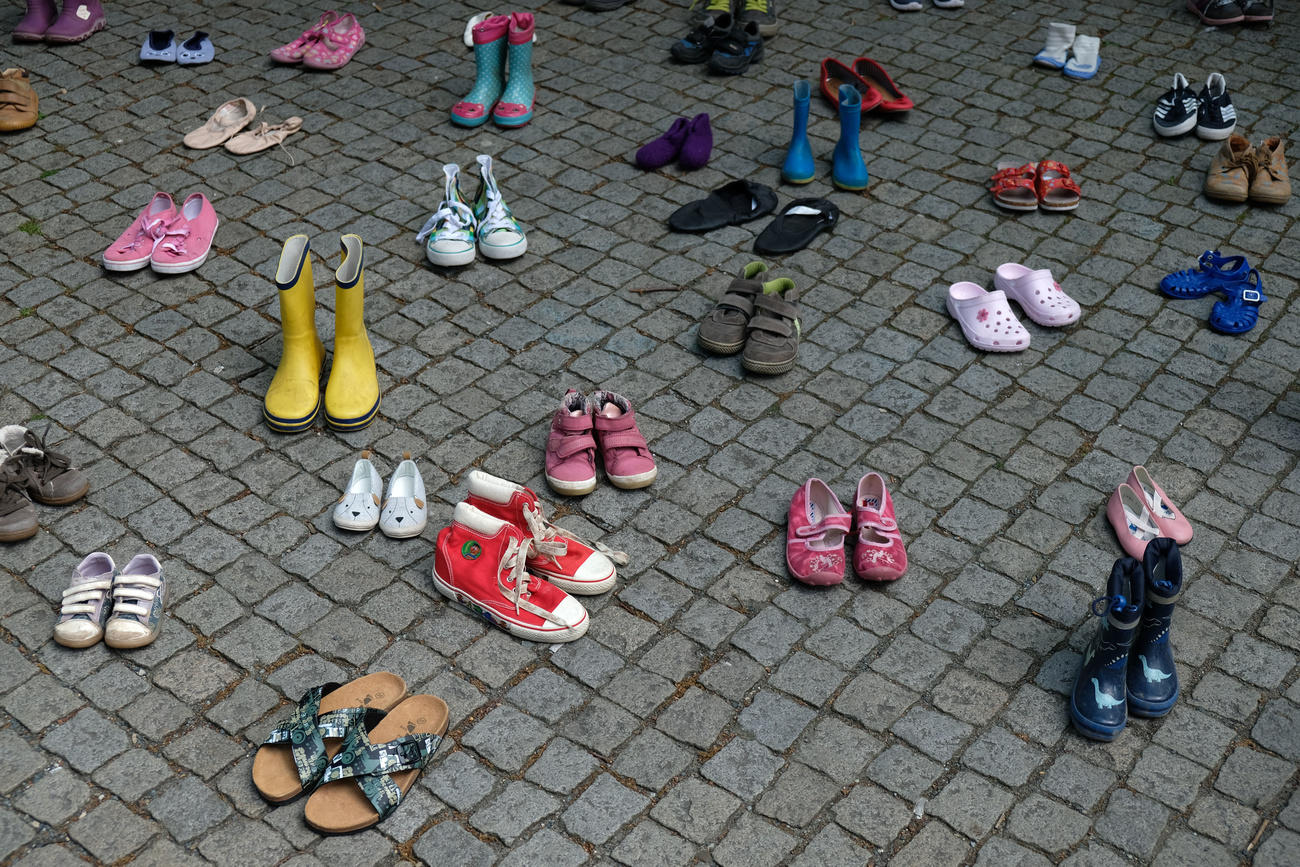
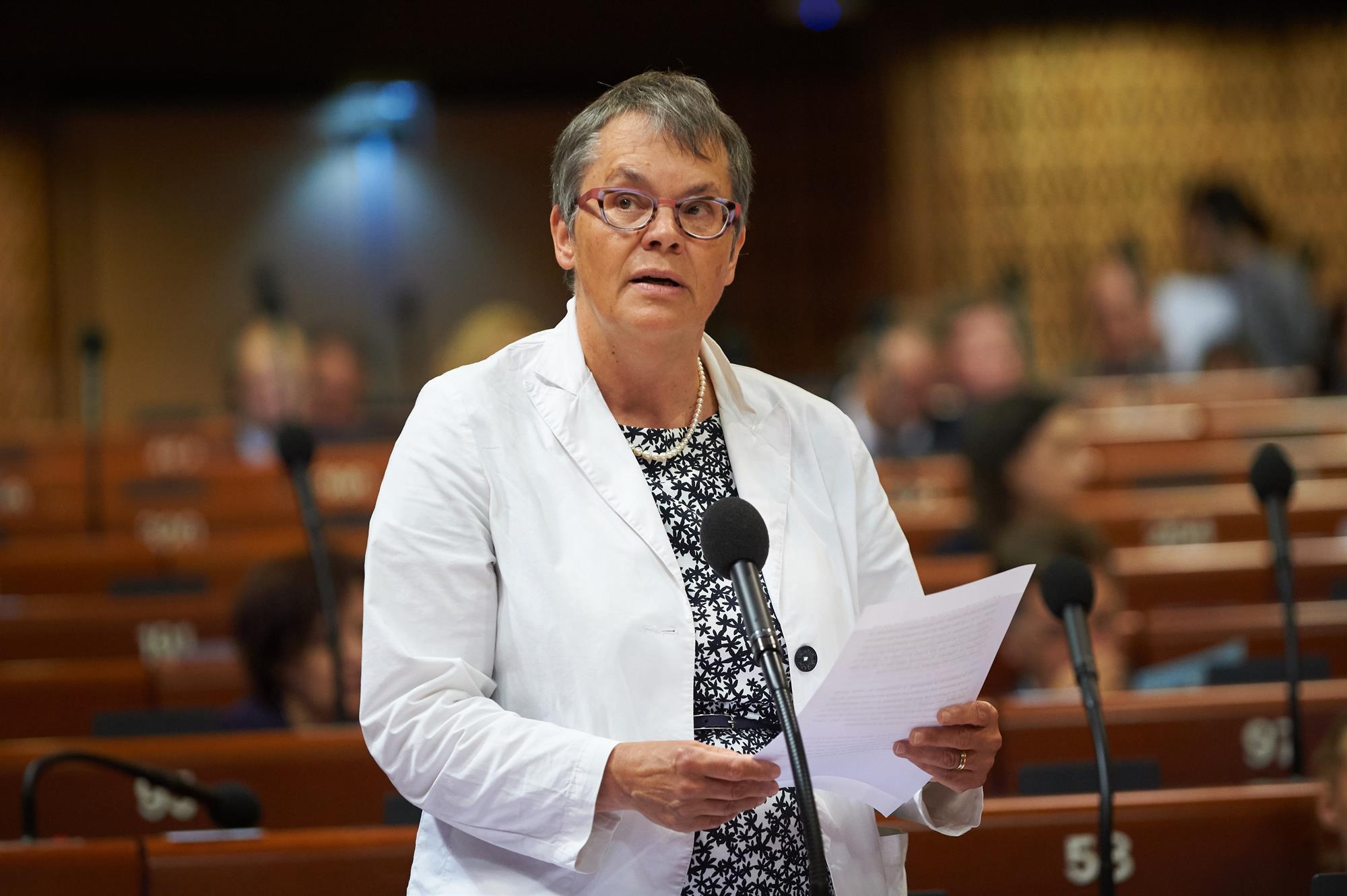
You can find an overview of ongoing debates with our journalists here. Please join us!
If you want to start a conversation about a topic raised in this article or want to report factual errors, email us at english@swissinfo.ch.